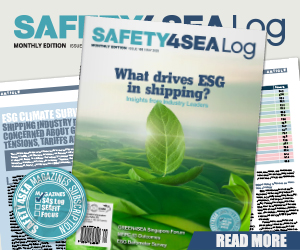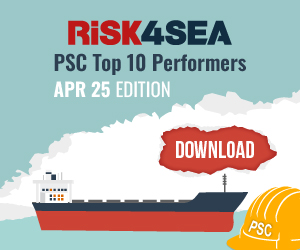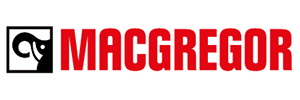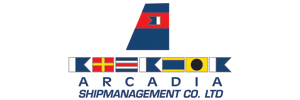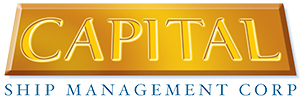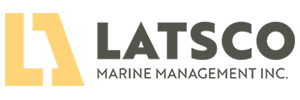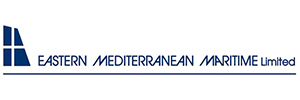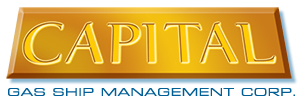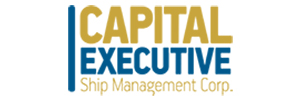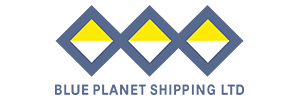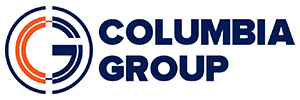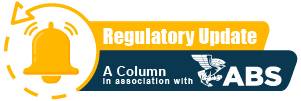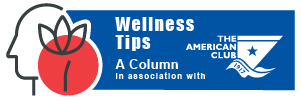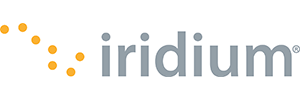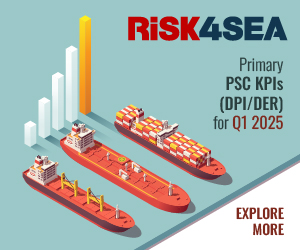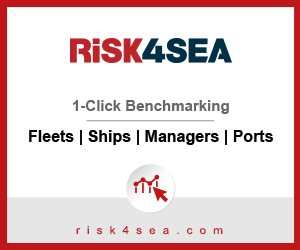Lloyd’s Register (LR) has outlined the significant outcomes of the forty-ninth session of the IMO Facilitation Committee (FAL 49), which took place 10 – 14 March 2025 in London.
The Committee deals with matters related to the facilitation of international maritime traffic, including the arrival, stay and departure of ships, persons and cargo from ports. The Committee also addresses digitalization, including the single window concept, and aims to ensure that the right balance is struck between regulation and the facilitation of international maritime trade.
The Facilitation Committee is responsible for updating the FAL Convention. and meets annually.
Summary of significant outcomes
LR has provided the following overview of some of the significant outcomes from FAL 49:
-
As a work in progress item, the IMO dataset for Fuel Oil Consumption and CII Reporting has been added to the IMO Compendium to provide transparency during its development.
-
A new consolidated set of guidelines addressing the use of electronic certificates was finalised.
-
A work plan to develop the IMO strategy on maritime digitalisation was agreed.
-
A new version of the IMO Compendium was approved.
-
The revised FAL road map for MASS was approved.
-
A new work item to introduce mandatory cybersecurity measures within the Maritime Single Window was agreed. FAL 50 will begin the development.
Amendments to the FAL Convention
#1 Introduction of mandatory reporting of the API and BRI/PNR for maritime transport
To enhance border security, streamline international maritime travel, harmonise data-sharing practices and consistently report passenger data similarly to the well-established practices in use by the aviation industry, the IMO has agreed to amend the FAL Convention to include mandatory reporting and recommended practices for Advance Passenger Information (API) and Booking and Reservation Information/Passenger Name Record (BRI/PNR). Following extensive discussion, FAL 49 was not able to reach consensus on the required amendments. To further progress the development of mandatory requirements, a correspondence group was established which will report to FAL 50.
#2 Review the provisions of a key worker during a public health emergency of international concern
Draft amendment to the Annex of the FAL Convention to review the provisions of a key worker during a public health emergency of international concern were discussed. It was agreed to maintain Standard 6.22 with the potential inclusion of further explanation in the Explanatory Manual to the FAL Convention (FAL.3/Circ.220 – Explanatory Manual to the FAL Convention) to reflect the meaning of the term “Key Workers” as it currently exists in Standard 6.22. It was also noted the need to establish a joint ILO/IMO/WHO working Group to discuss the issue of the protection of “key workers” during health emergency of international concerns in relation to the FAL and MLC Conventions and invited the IMO Secretariat to present deliberations at a future session of FAL. Lastly, the amendments to Recommended Practice 6.24, associated with the inclusion of vaccination of ship’s crew within the State’s national vaccination programmes, so they can access medical care during a public health emergency were finalised and approved, with a view to adoption at FAL 50.
Maritime Single Window (MSW)
As the Maritime Single Window (MSW) became mandatory for contracting Governments to the FAL Convention on 1 January 2024 (FAL.14(46)), experience of its application is starting to be shared. No related MSW amendments to the FAL Convention were discussed at this meeting. However, a proposal to amend the Guidelines (FAL.5/Circ.42/Rev.3 Guidelines for setting up a maritime single window) was discussed and agreed as FAL.5/Circ.42/Rev.4. The amendments add a “verification and validation function” as part of the required core architecture of the MSW system with the intent to increase efficiency by preventing duplicated verification (e.g. checking if the submitted information matches the records on authentic certificates of ships and crew) when multiple public authorities of a port State are involved in verification of documents.
Review and revision of the IMO Compendium on Facilitation and Electronic Business, including additional e-business solutions
The IMO Compendium aims to harmonise the vast array of electronic data exchanged between ships, ports and other stakeholders. It includes IMO datasets and an IMO reference model which provide a common format and semantics for such data. This enables IT systems from different stakeholders to exchange data efficiently with shared meaning, while supporting the harmonisation of MSWs and Port Community Systems (PCS). A new version of the IMO Compendium was approved at FAL49.
The following notable inclusions were added:
-
As a work in progress item, “IMO data set for Fuel Oil Consumption and CII Reporting” with the aim to simplify the work on the bridge and ashore by automating the submission and processing of environmental reporting;
-
Dataset for the e-Bunker Delivery Note (eBDN);
-
Dataset related to Container Inspection Programme;
-
Additional data elements related to “Transport of Dangerous Goods”; and
-
Dataset related to Electronic Bill of Lading.
Additionally, the committee:
-
Further discussed how to strengthen the interaction between the IMO and the relevant data standards organisations to facilitate the collaboration has taken place.
-
Reviewed the list of priorities of datasets with the inclusion of a new dataset on weather and ocean variables.
-
Established a correspondence group to support the drafting and development of high-level business process flows and descriptions for each dataset in the IMO Compendium.
-
Agreed to amend the Guidelines for harmonized communication and electronic exchange of operational data for port calls (FAL.5/Circ.52) to include, as an addendum, the message implementation guide. This specifies how the just in time (JIT) arrival subset in the IMO Compendium can be used when implementing APIs (Application Programming Interfaces) to support the JIT concept for the negotiation of arrival and departure times to and from a port and terminals.
Development of a comprehensive strategy on maritime digitalisation
Digitalisation has the potential to significantly improve efficiency in various sectors of the maritime industry, including ship design, ship operation and port operation. It is also a crucial element in the process of maritime decarbonisation. With a target completion year of 2027, the IMO is developing an overarching strategy on maritime digitalisation to provide a clear “work plan” illustrating the IMOʹs strategic directions on digitalisation. Therefore, it was agreed that FAL, MSC, LEG and MEPC committees will need to integrate digitalisation aspects in their regulatory development. At FAL 49, a work plan leading to adoption of the strategy by Assembly 35 in 2027, was agreed (subject to change in future sessions). A correspondence group was also established which is tasked to define the scope, boundaries and deliverables of the IMO Strategy on Maritime Digitalisation, including identifying existing and emerging technologies, standards and methodologies that can be used to support maritime-related digitalisation processes; and identifying stakeholders and how to engage with them.
Development of joint FAL-LEG-MEPC-MSC guidelines on electronic certificates
A new consolidated single set of guidelines addressing the use of electronic certificates was prepared and finalised. It will be forwarded to LEG 112 (if possible), MEPC 83 and MSC 110 for concurrent approval. It provides guidance and information on the use of any kind of electronic certificates issued for the purpose of documenting compliance with IMO requirements, including electronic certificates of seafarers required by the 1978 STCW Convention. It includes:
-
A list of features that electronic certificates need to have (recognised and accepted format, protected from edits, provided with a unique ID number, etc.)
-
Instructions for verification, notification, acceptance, implementation and security.
Administrations will need to communicate which certificates, taken from the list in FAL.2/Circ.133-MEPC.1/Circ.902-MSC.1/Circ.1646-LEG.2/Circ.4, will be issued from them or on their behalf, in an electronic form. All stakeholders, including Port State Control officers (PSCOs), should then accept such electronic certificates.
Revision of the Guidelines on maritime cyber risk management (MSC-FAL.1/Circ.3/Rev.2) and identification of next steps to enhance maritime cybersecurity
MSC 108 approved draft amendments to the 2017 Guidelines on Maritime Cyber Risk Management (MSC-FAL.1/Circ.3/Rev.2). FAL 49 approved the draft amendments as MSC-FAL.1/Circ.3/Rev.3. The amendments include additional key definitions, expansion of the elements of cyber risk management and additional information on the standards and best practices for implementation of cyber risk management.
Measures to address Maritime Autonomous Surface Ships (MASS)
The finalisation and adoption of the non-mandatory MASS Code is planned for MSC 111 (with an expected entry into force date in 2026). It will be followed by an experience-building phase (its framework is expected to be developed at MSC 112) which will form the basis for future developments on a new mandatory MASS Code. The earliest entry into force date would be 1 January 2032. MSC 108 instructed the FAL Committee to revise the MASS Code road map taking into account any MASS issues related to the FAL Convention.
FAL 49 approved the revised FAL road map for MASS:
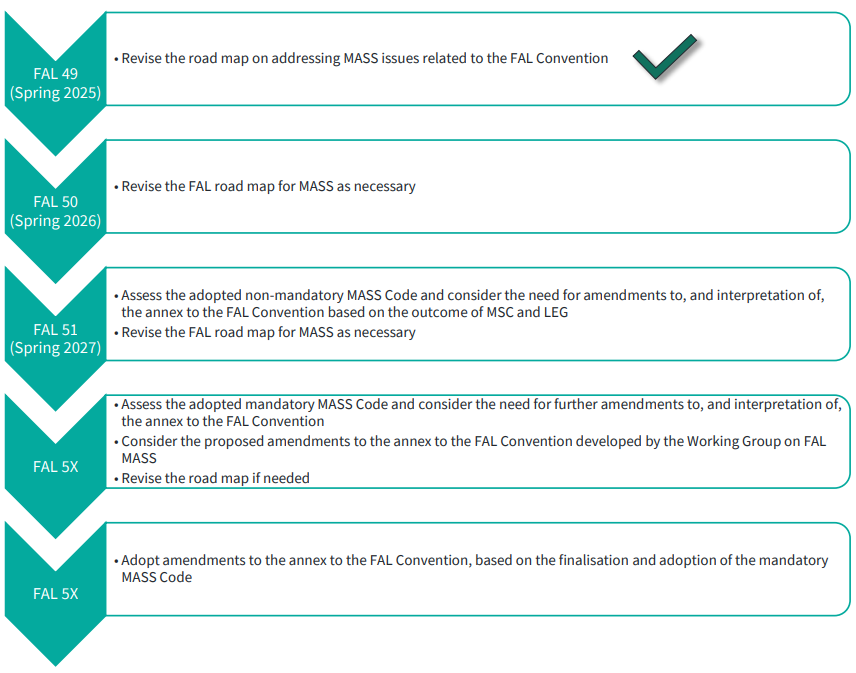
Revision of the Guidelines on minimum training and education for mooring personnel (FAL.6/Circ.11/Rev.1)
A revision to FAL.6/Circ.11/Rev.1 Guidelines on minimum training and education for mooring personnel related to ship/port interface was approved. The changes are related to observations and feedback provided by member States which highlighted the following areas of concern:
| Area of Concern | Approved Amendments |
|---|---|
| A lack of “training in advance” for the newly employed mooring personnel. | Introduction of training in advance of all existing and newly employed mooring personnel with periodical reviews. |
| Insufficient notification time given to the mooring personnel before ship’s arrival, departure and shifting its berths. |
|
| Bad conditions of mooring lines. Unprepared mooring area (mooring station). Weather conditions can have a significant impact on the safety of the mooring personnel and their activities. |
Mooring personnel should (also) have a knowledge of:
|












































